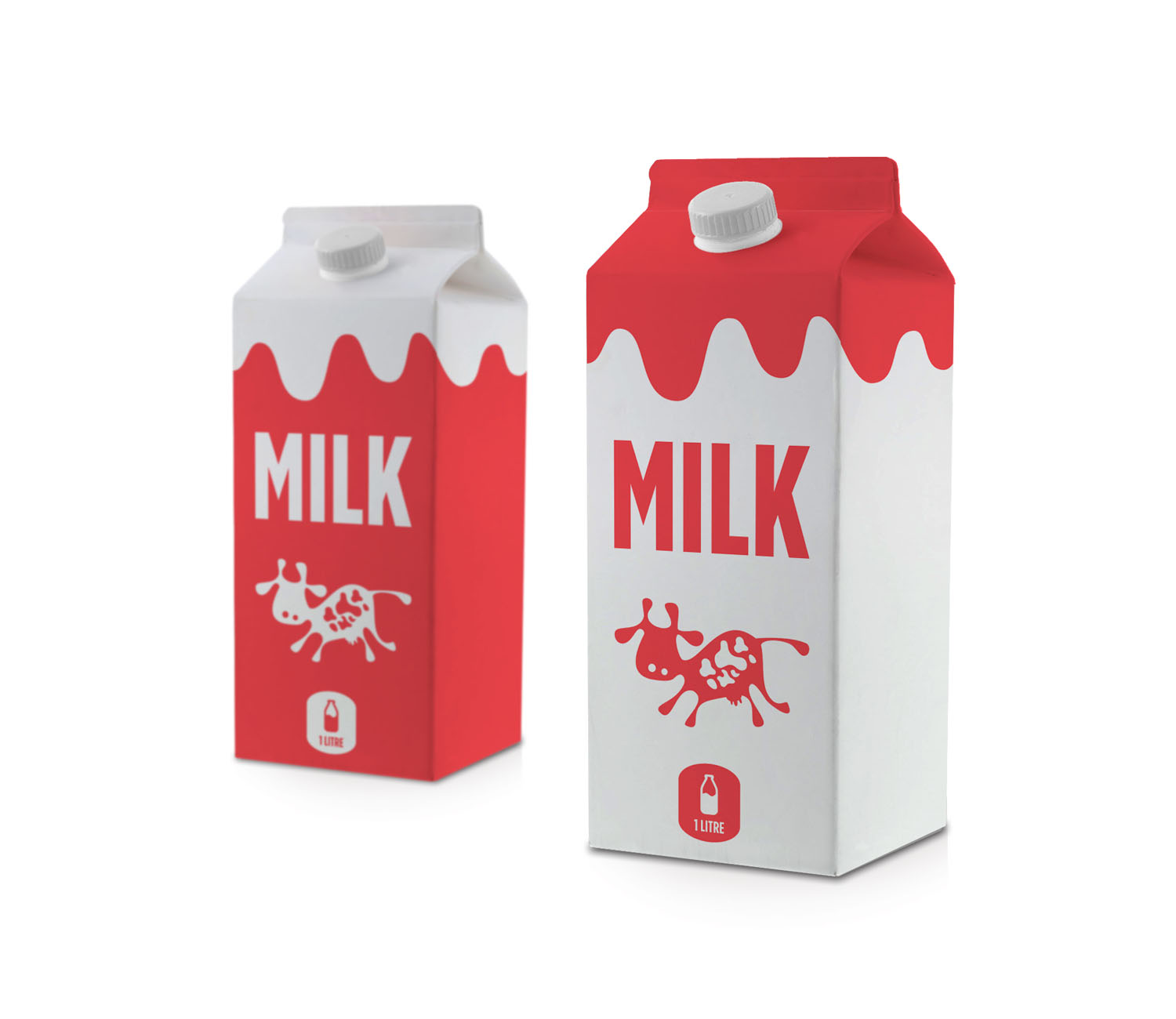Milk is a staple in households and businesses worldwide, and the demand for efficient, sustainable, and cost-effective packaging has never been higher. Bulk milk cartons have emerged as a top choice for many due to their versatility, convenience, and environmental benefits. This article explores the various advantages of bulk milk cartons, their uses, and their impact on both consumers and businesses.
The Advantages of Bulk Milk Cartons
Cost-Effective Solution
Bulk milk cartons provide a cost-effective packaging solution for both manufacturers and consumers. By purchasing milk in larger quantities, businesses can reduce the per-unit cost, which can lead to significant savings over time. This is particularly beneficial for institutions like schools, hospitals, and large households that consume large amounts of milk regularly.
Environmental Benefits
One of the key advantages of bulk milk cartons is their positive environmental impact. Made primarily from renewable resources such as paperboard, these cartons are more sustainable than plastic containers. Additionally, bulk packaging reduces the overall amount of material used, leading to less waste and a lower carbon footprint. Many bulk milk cartons are also recyclable, further contributing to environmental sustainability.
Convenience and Storage
Bulk milk cartons are designed for ease of use and storage. Their rectangular shape makes them easy to stack and store, optimizing space in both refrigerators and storage rooms. The cartons are also equipped with user-friendly features such as resealable spouts or caps, ensuring the milk stays fresh for longer periods and minimizing spillage.
Uses of Bulk Milk Cartons
Commercial and Institutional Use
Bulk milk cartons are particularly popular in commercial and institutional settings. Schools, cafeterias, and hospitals often require large quantities of milk daily. Bulk cartons provide a practical solution, ensuring a steady supply while reducing packaging waste and storage requirements. This not only simplifies inventory management but also supports sustainability goals.
Retail and Consumer Use
In retail, bulk milk cartons offer a convenient option for consumers who prefer to buy in larger quantities. This is especially useful for families or households with high milk consumption. Bulk purchasing can also be more economical, as retailers often offer discounts on larger packages. Moreover, the extended shelf life of milk in bulk cartons means less frequent shopping trips, saving time and effort for consumers.
If you want to know more about ” chocolate bonbon packaging ” visit topusapackaging
Food Service Industry
The food service industry, including restaurants, cafes, and bakeries, benefits greatly from bulk milk cartons. These businesses often require milk in large quantities for preparing beverages, baking, and cooking. Bulk cartons ensure a consistent supply, reduce the frequency of orders, and help maintain the quality of the milk. The convenience of bulk cartons also supports the efficient operation of busy kitchens.
Packaging and Design Innovations
Enhanced Durability
Modern bulk milk cartons are designed to be robust and durable, ensuring the milk remains safe and uncontaminated during transportation and storage. The use of high-quality materials and advanced manufacturing techniques has significantly improved the strength and reliability of these cartons.
Eco-Friendly Materials
Innovations in eco-friendly materials have led to the development of bulk milk cartons that are not only recyclable but also biodegradable. Some manufacturers are now using plant-based plastics and other sustainable materials to reduce the environmental impact further. These advancements align with the growing consumer demand for environmentally responsible products.
User-Friendly Features
Bulk milk cartons have evolved to include various user-friendly features that enhance convenience. Resealable spouts, easy-pour designs, and ergonomic handles are just a few examples of the improvements that have been made. These features ensure that bulk milk cartons are practical and easy to use, even in busy commercial kitchens or large households.
Economic Impact
Cost Savings for Businesses
For businesses, the cost savings associated with bulk milk cartons can be substantial. By reducing packaging waste and optimizing storage, businesses can lower their operational costs. This is particularly important in industries where margins are tight, such as food service and retail. The savings can be redirected towards other areas of the business, such as improving product quality or expanding services.
Boosting Local Economies
The production and distribution of bulk milk cartons can also have a positive impact on local economies. By supporting local dairy farms and packaging manufacturers, businesses can contribute to the economic growth of their communities. This creates jobs and stimulates economic activity, benefiting the entire supply chain.
Meeting Consumer Demand
Consumer preferences are increasingly shifting towards sustainable and cost-effective products. Bulk milk cartons meet these demands by offering an eco-friendly and economical packaging solution. By providing products that align with consumer values, businesses can enhance their brand reputation and attract a loyal customer base.
Conclusion
Bulk milk cartons represent a versatile, cost-effective, and environmentally friendly packaging solution that benefits both consumers and businesses. Their convenience, durability, and sustainability make them an ideal choice for various settings, from households to commercial establishments. As innovations in packaging continue to evolve, bulk milk cartons will likely play an even more significant role in the future of milk distribution.
By embracing bulk milk cartons, businesses can reduce costs, enhance operational efficiency, and contribute to environmental sustainability. Consumers, in turn, can enjoy the convenience and savings that come with bulk purchasing. Ultimately, the widespread adoption of bulk milk cartons can lead to a more sustainable and economical approach to milk consumption, benefiting everyone involved.




